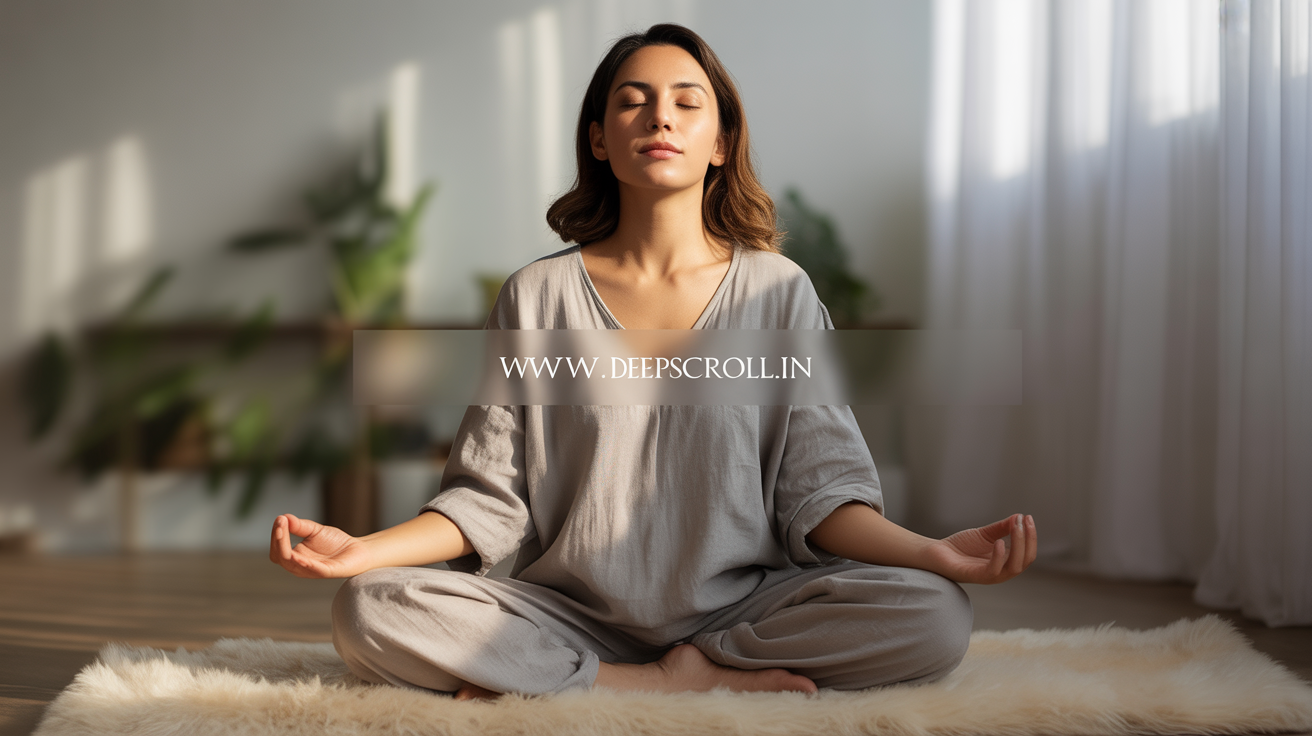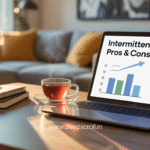
Mindfulness meditation for beginners: A guide for busy lives
Juggling work, family, and personal wellness can easily feel overwhelming—especially for working professionals, parents, and anyone new to fitness or mindful living. Mindfulness meditation offers a practical, natural approach to achieving balance, reducing stress, and nurturing mental health. Whether you’re reading this on your phone during a work break or seeking ways to improve family wellness, this guide will introduce the essentials of mindfulness meditation, address common concerns, and provide actionable strategies tailored for modern, busy lifestyles. Discover how even a few minutes of focused practice each day can shift your perspective and foster a greater sense of calm and presence.
What is mindfulness meditation?
Mindfulness meditation is the practice of deliberately focusing on the present moment, observing thoughts, feelings, and sensations without judgment. Unlike methods that require quieting the mind completely, mindfulness teaches you to acknowledge distractions and bring gentle awareness back to your breath or the sensations around you. This simple practice has its roots in ancient traditions and is now backed by contemporary science for its role in mental wellness, stress reduction, and improved focus.
For busy adults, mindfulness isn’t about escaping daily responsibilities—it’s about bringing clarity and calm to whatever you’re experiencing, whether it’s a hectic morning, parenting challenges, or workplace pressures.
Starting your mindfulness journey: Practical steps
Adopting a mindfulness routine is most effective when it fits seamlessly into your current lifestyle. Here are a few accessible steps for beginners:
- Start small: Begin with just 2–5 minutes a day, gradually increasing as you become more comfortable.
- Choose a trigger: Link your meditation to something you already do daily—like after brushing your teeth or before your first cup of coffee.
- Find your space: Quiet zones are helpful, but with practice, mindfulness can happen anywhere—even sitting at your desk or while waiting in the car.
Consider guided sessions using well-rated mobile apps like Headspace or Calm, which offer brief routines specifically for beginners and busy professionals.
The benefits of mindfulness for busy adults
Numerous studies show mindfulness meditation leads to measurable benefits for mental and physical health. Here’s a comparison to help you see the potential impact:
| Area | With Mindfulness | Without Mindfulness |
|---|---|---|
| Stress levels | Noticeably reduced (up to 32% in some studies) | May remain high |
| Work focus | Improved attention & decision-making | More mental fatigue, distractibility |
| Emotional regulation | Better response to challenges | Increased emotional reactivity |
| Family wellness | Calmer parenting, positive environment | Increased household stress |
Mindfulness doesn’t require special skills. Over time, even brief regular sessions can lead to stronger relationships, more resilience at work, and a more patient approach to health goals—a real benefit for parents, young professionals, and early fitness adopters alike. To learn more, explore this Harvard Health overview.
Beyond meditation: Everyday mindfulness in action
While sitting meditation is an excellent starting point, the true value of mindfulness comes when you integrate it into everyday routines. Here are some examples especially relevant to busy adults:
- Work: Take three mindful breaths before opening important emails or starting meetings.
- Family: Practice mindful listening—put away your phone for just five minutes and fully engage with your child or partner.
- Health and fitness: Incorporate mindful walks, savoring the environment with all five senses, a few times a week.
- Nutrition: Try mindful eating—pause to appreciate the flavors and textures of your meals rather than rushing through them.
Embedding mindfulness into everyday activities not only multiplies the benefits but makes it feel like a natural part of your lifestyle instead of an extra chore.
Conclusion: Taking mindful steps to better living
Mindfulness meditation stands out as a powerful, sustainable solution for anyone striving to balance career, family, and self-care. Adopting even a few minutes a day can improve focus, lower stress, and foster stronger connections at home and work. By making mindfulness a seamless part of daily routines—from mindful breathing at your desk to quality time with loved ones—its benefits naturally extend throughout your life. As you embark on this journey, approach the process with patience and compassion for yourself. Remember, mindful living is a practice that deepens with time, supporting your long-term wellness and resilience no matter where your path leads.
“The present moment is filled with joy and happiness. If you are attentive, you will see it.” – Thich Nhat Hanh
